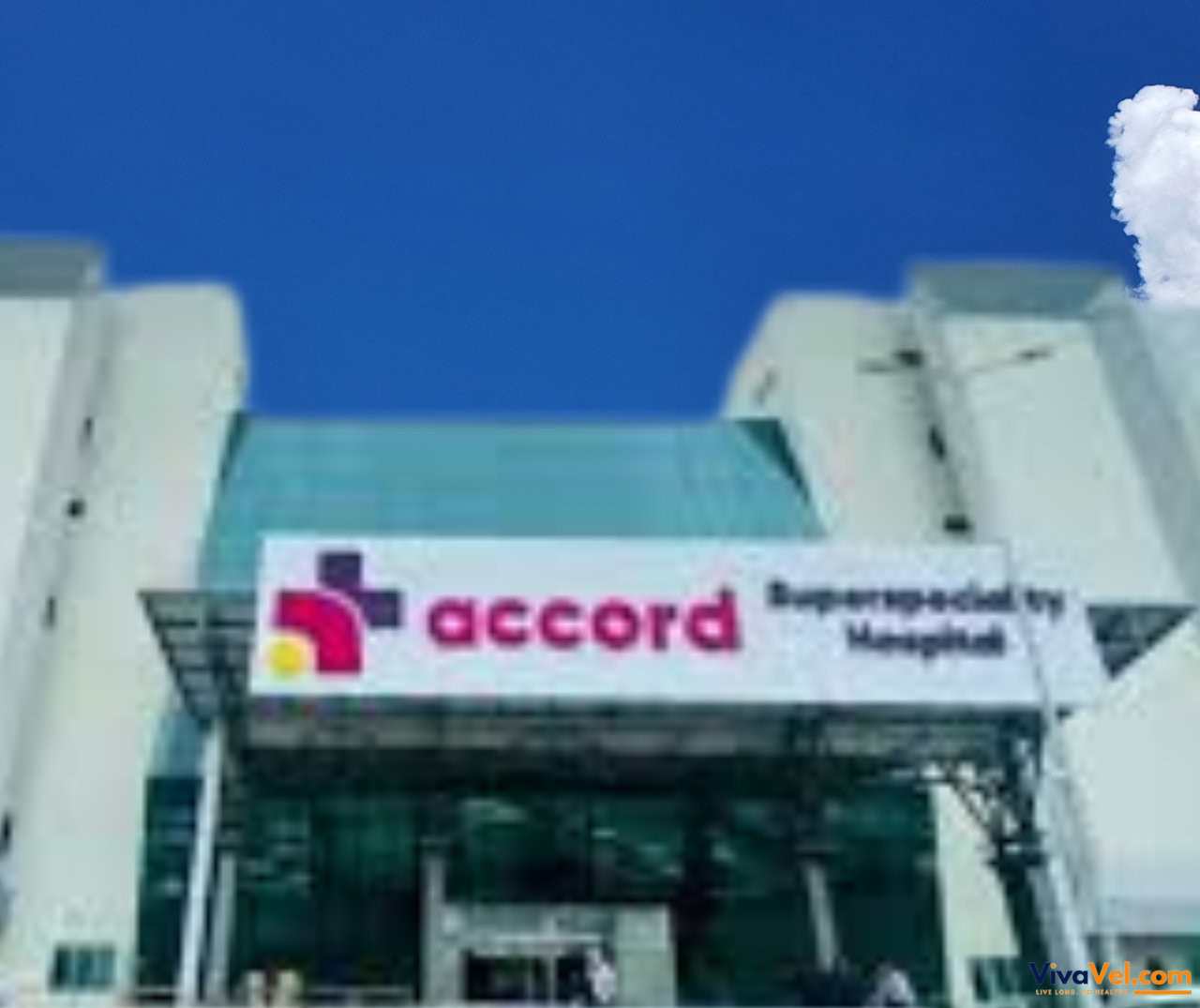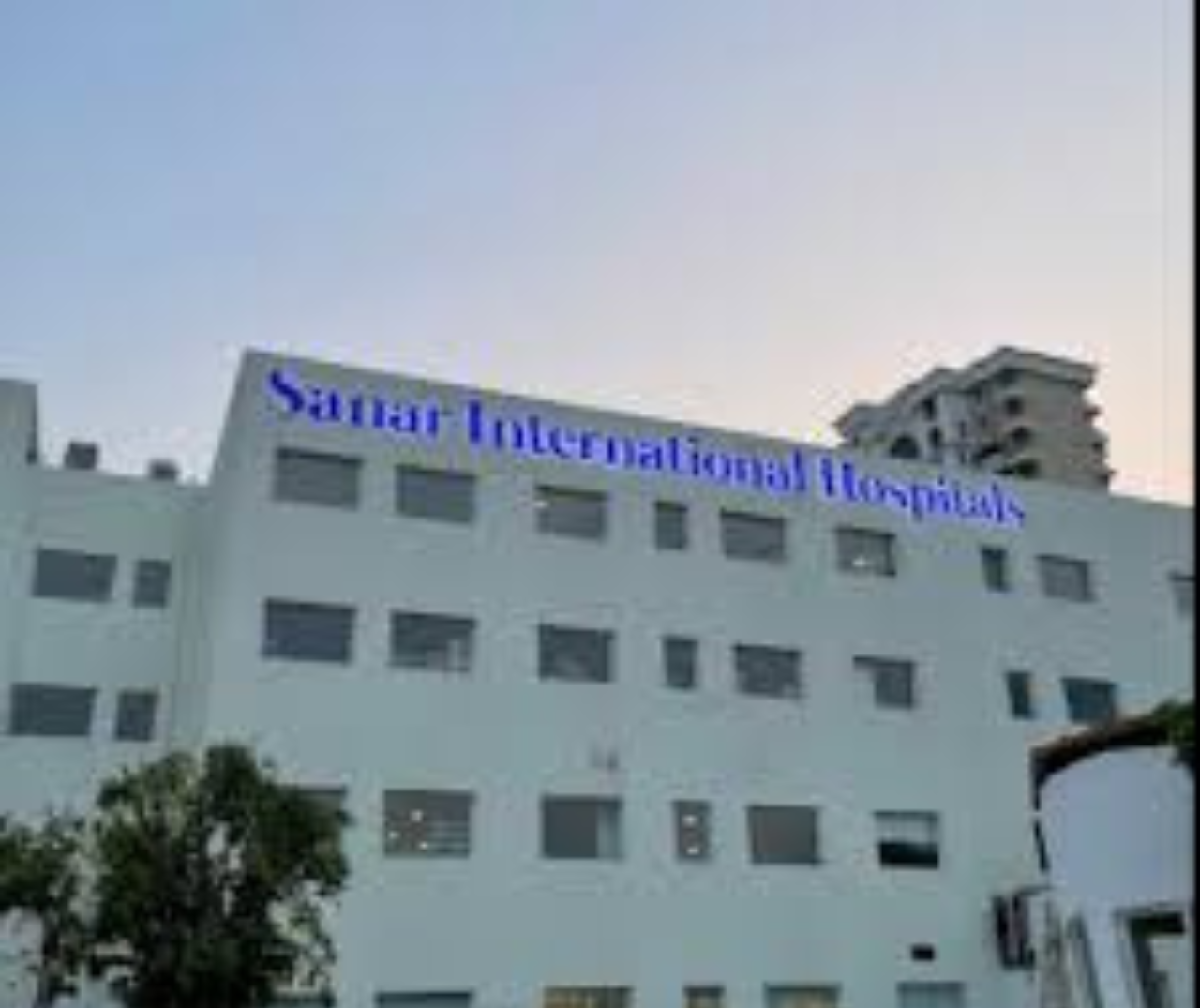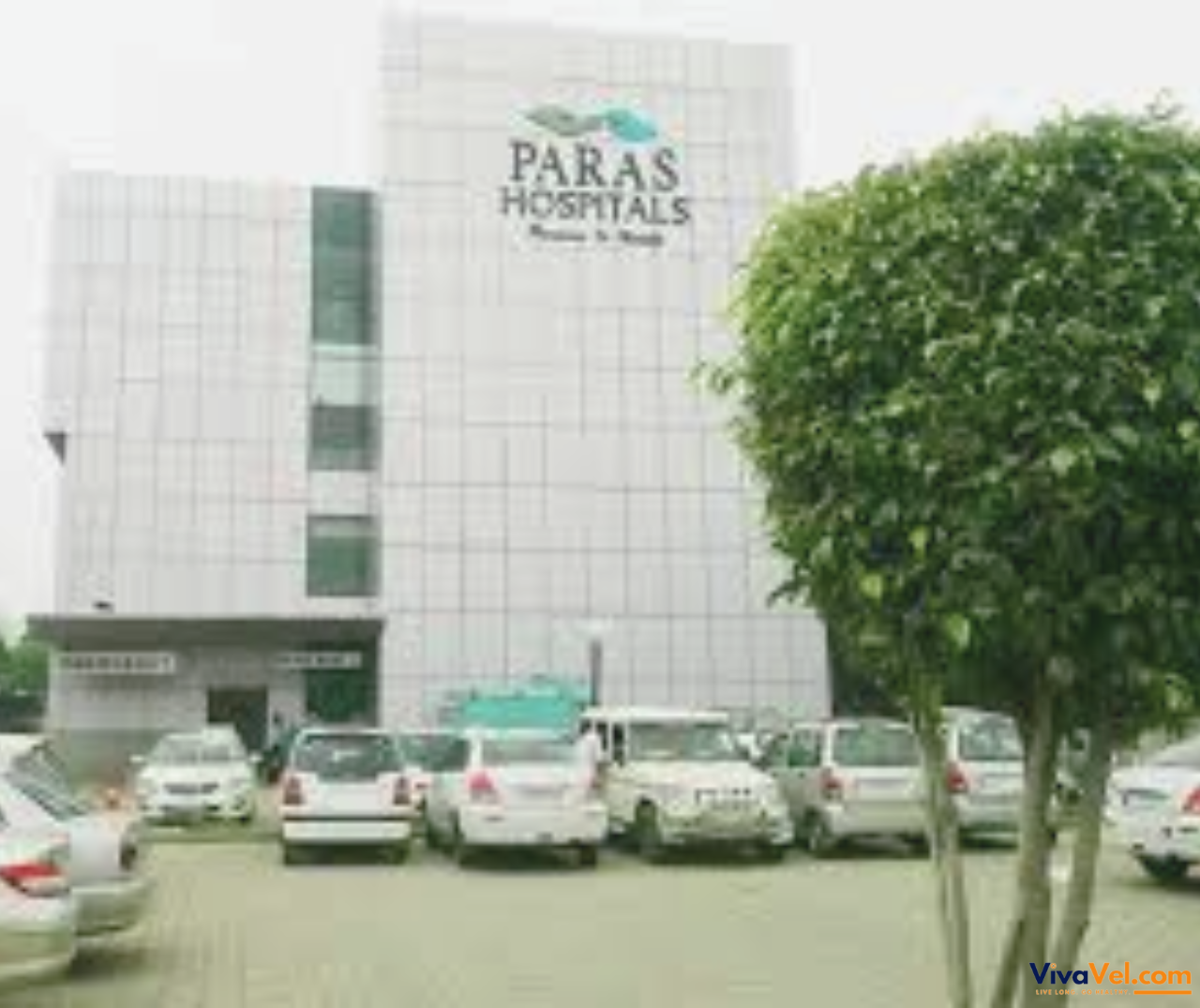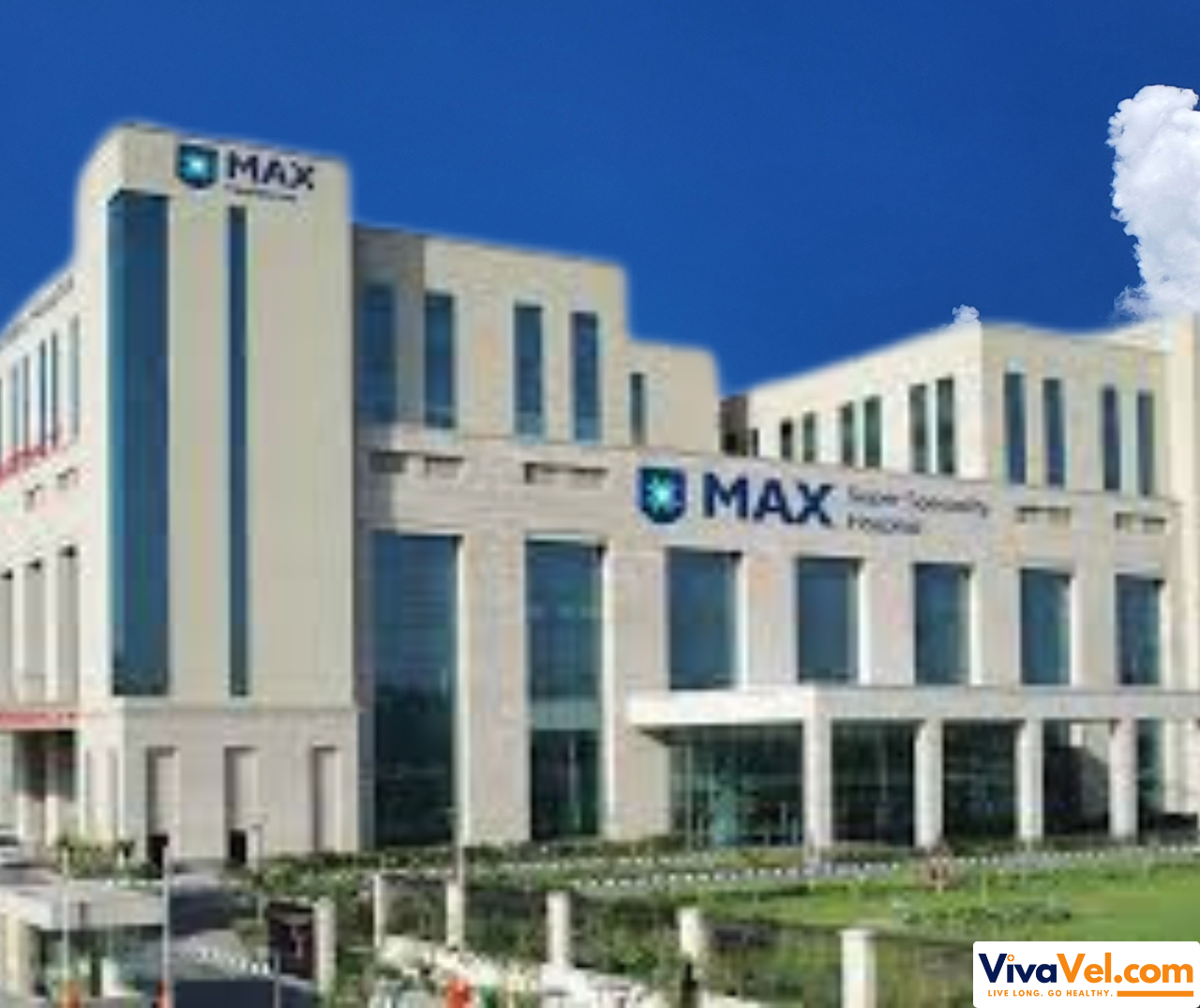info@vivavel.com
+919818262686
+919818262686
 info@vivavel.com
info@vivavel.com +919818262686
+919818262686Hydronephrosis happens when one or both kidneys swell because urine can't flow properly. This can be caused by a blockage or narrowing in the urinary system, often where the kidney meets the ureter, called the ureteropelvic junction (UPJ). The urine buildup stretches and enlarges the kidney, which can cause pain, infection, or even damage if not treated. Pyeloplasty is a surgical procedure used to fix this blockage at the UPJ. The surgeon removes the blocked section and reconnects the healthy part of the kidney to the ureter, allowing urine to flow freely.
This surgery is typically done under general anesthesia and can be performed using open surgery or minimally invasive techniques, such as laparoscopy. After the surgery, a small tube (stent) may be placed inside the ureter to keep it open while healing. Recovery usually takes a few weeks, and most people can return to normal activities afterward. Pyeloplasty is very effective; it helps relieve symptoms like pain and prevents further kidney damage.
 Symptoms of hydronephrosis vary depending on the severity and duration of the condition. Common signs include:
Symptoms of hydronephrosis vary depending on the severity and duration of the condition. Common signs include:

 A blockage or obstruction in the urinary system primarily causes hydronephrosis. Common causes include:
A blockage or obstruction in the urinary system primarily causes hydronephrosis. Common causes include:
 Immediate medical attention is necessary if you experience:
Immediate medical attention is necessary if you experience:
Delaying treatment can result in permanent kidney damage or infections.
 Diagnosis involves identifying the cause and severity of urine blockage using:
Diagnosis involves identifying the cause and severity of urine blockage using:
 Do's:
Do's:
 Don'ts:
Don'ts:
NOTE:
Our medical content authors have diligently gathered and synthesized information on this topic to offer valuable insights to our readers. Drawing from a range of reputable medical journals and health resources, this content aims to enhance understanding of the subject. It's important to remember that while this information is informative, it should not replace personalized consultation or treatment from a qualified physician. For further details, please refer to our Editorial Policy.
For this topic, our authors used some of the following resources:





![]() Pusa Road, Radha Soami Satsang, Rajendra Place New Delhi, 110005 India
Pusa Road, Radha Soami Satsang, Rajendra Place New Delhi, 110005 India



![]() Budena Village, Sector 86, Faridabad, Haryana 121002, India
Budena Village, Sector 86, Faridabad, Haryana 121002, India



![]() Golf Course Rd, Parsvnath Exotica, DLF Phase 5, Sector 53, Gurugram, Haryana Gurgaon, 122022 India
Golf Course Rd, Parsvnath Exotica, DLF Phase 5, Sector 53, Gurugram, Haryana Gurgaon, 122022 India



![]() C-1, Sushant Lok- 1, Sector-43, Phase- I, Gurugram, Haryana, 122002
C-1, Sushant Lok- 1, Sector-43, Phase- I, Gurugram, Haryana, 122002



![]() Mussoorie, Diversion Road, Dehradun, Uttarakhand 248001
Mussoorie, Diversion Road, Dehradun, Uttarakhand 248001


Dr. Jitendra Kumar is a famous name in nephrology and is renowned as the top kidney specialist in Faridabad, India. He completed his DM (Nephrology) at the Sanjay Gan...

Dr. Narula has received numerous prestigious awards, including the Air Marshal Ajit Nath Award, Maj Gen Amir Chand Award, Chief of Naval Staff Award, Best Officer Award, and ...

Dr. Sanjeev Gulati is an Executive Director in the Department of Nephrology & Kidney Transplant and previously worked as an Additional Professor in Nephrology at Sanjay G...

Dr. Paresh Jain is the director of urology and has over 16 years of rich experience. He specializes in Laparoscopic Urology, Endourology - URS, PCNL, RIRS, TURP, Lase...

Dr. Akash Gupta is a renowned nephrologist and kidney transplant specialist in New Delhi. He is an Associate Consultant in Nephrology at Escort Fortis and brings over...

Dr. Sonal Dalal is a highly respected nephrologist in Ahmedabad. She is renowned for her extensive experience and expertise in kidney-related ailments. She se...
Treatment Plan & Cost within 2 days
